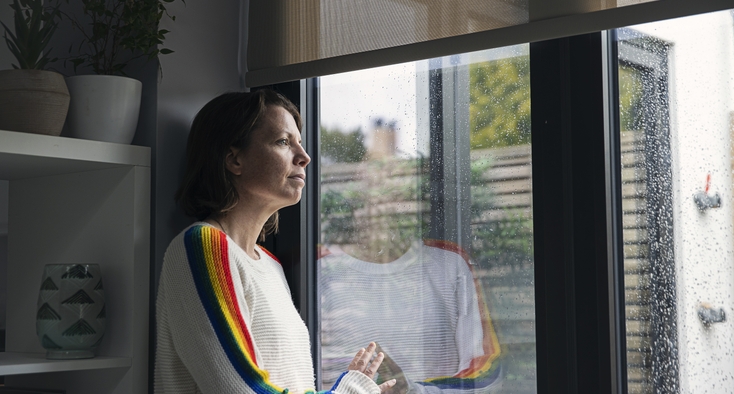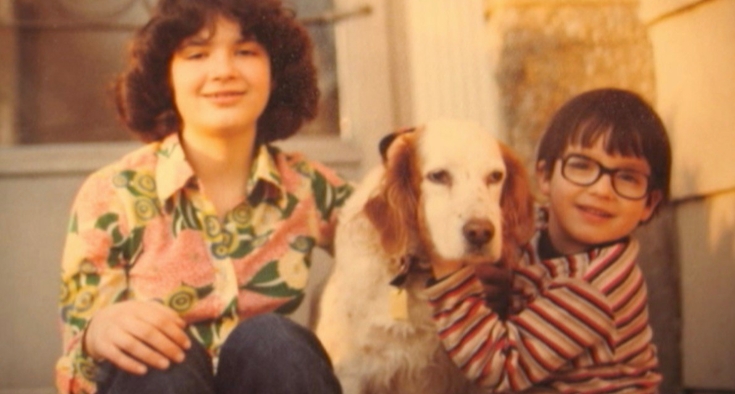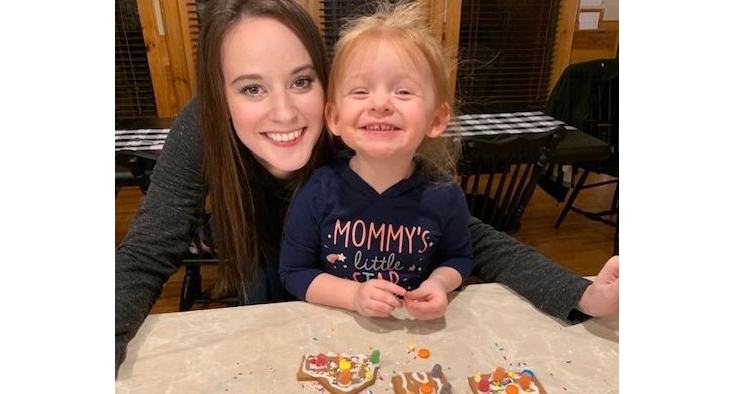So many of us want to “fix” grief for a friend or a loved one, whether it’s the loss of someone close, or a smaller change that still makes a big impact on their life.
But there is no “fixing” grief. When someone shares their feelings with you, they’re not asking you to make it better. They’re asking you to acknowledge it.
Grief wants to be acknowledged. Novant Health mental health professionals explain more below:
Many of us feel we need to cheer people up when they’re grieving, but that may not be what they need. Has thinking on grief and helping someone through it changed?
Yes, but I don't think people are catching up to it fast enough. I recently had a client whose daughter had a late-term miscarriage. She knows science says to let the person feel grief, but she said she just wants to fix it. We do tend to want to fix it. And we want to say the right thing.
Sometimes, we don’t say anything because we’re afraid we’ll say the wrong thing.
There's nothing we can say, and there's everything we could do.
The only way you can go through grief and sadness is by processing and talking about the grief and sadness. So don’t try to make them feel better. Don’t try to find a bright spot. Just sit in the sadness with them.
So, what do we say to a friend who's experienced a loss?
“There's nothing I can say that will fix this. But I can sit with you in your sadness. And I can hunker down and share this space with you. And together, we'll get through it.”
We've all had losses. We've all had grief on different levels – even the grief of you being in your own emotional prison. That's a loss. There is a great power in someone listening and sharing space and saying, “I get it; this sucks.”
I have a good friend who lost her dad. They were especially close, and her grief was heavy. She said she wished we still lived in a time when you wore black for a year to signify that you were grieving. She wanted people to know and sort of treat her gently. The year anniversary of the loss was especially difficult because she felt she was supposed to move on.
There's no timeline. Honestly, we don't even start grieving – many of us – until six months to a year after the loss. Some people do right away. But it's not uncommon for a lot of people not to because we're in shock. We're going through the logistics of the loss, like financial changes or funeral arrangements or hosting everybody in our house.
Many times, it’s the one-year anniversary or basically as soon as the casseroles stop coming and when people stop visiting. It's when the phone calls stop coming. We're out of this numb place. And then we really need a casserole.
At the one-year mark, your friend was hurting in a different way. She was probably more awake to the emotion. That's when I really try and check in with my close people – six to eight months later, when the phone calls stop. That's when I bring my casseroles.
That’s so thoughtful. As I’ve gotten older, I’ve realized the sympathy card you send right away isn’t really adequate. Not for your closest friends.
Those cards are often our way of trying to find the right words. But sometimes, words can actually be painful. Like when people say, “They're in a better place now.” That's one of the worst things one can hear.
Or, “Your heart will heal” or “Things will be better soon.” That's us trying to find these magic words, and I think that's what sympathy cards kind of do. I want a sympathy card that says: “You're really hurting right now. And I can see that, and I wish I could fix it, but I can't.”
I know people who have heard after the loss of a parent, “I know how you feel. I remember when my cat died.”
One of the most powerful things to happen when I was going through a grief of my own was a friend of mine who knew I loved M&Ms – and particularly the orange ones – sent a package with a humongous plastic zip bag with only orange M&Ms. There was no card, no note. There were no words. And I mean, that is the power of no words. That is the power of “I feel your pain.” I think we should stop trying to find the right words. Just sit down and listen. That's it.
This isn’t the kind of thing I share in interviews, but when I went to my general practitioner because I thought I was going through perimenopause – and I was – I started crying. And I said, “I don't even know why I'm crying. I don’t even want kids. He said, “It’s OK to grieve the children you thought you would have.”
Oh, I love that man. He climbed in the sadness with you. He acknowledged it. He could have said, “You know what? You're fine without children. People are happy without them all the time.” He didn't. He gave you the truth.
He defined it for me. What I couldn't define – I didn’t understand why the tears were coming – he could. I have another friend who lost her mom and just a few years later, her dad. And she has talked to me a lot about her grief. And she has said she wonders if Elisabeth Kubler-Ross's five stages of grief may do people a disservice because you think it's a timeline and when you get to the acceptance stage, you’re finished with the process. She said grief doesn’t really have an end date. It's a continuum.
I think instead that book should be called “The Seven Stages of Grief is Like ‘Groundhog Day.’” Many times, grief shows itself in in different seasons of your life. You know, a different chapter of your life starts and a different thing might trigger it, and it starts it again.
And it confuses people. And all those “shoulds” that we have about grief, like I should do all these things because society says it's right … I should go to the gravesite, or I should want to have a funeral or I should want to have a viewing … They are supposed to help us process the loss. And if you're doing a ritual that is the opposite of processing a loss, then it's not the right ritual for you.
I was just talking to a woman this morning … to go back to the Thanksgiving example. She’s (older) and doesn't want to make the 17-course Thanksgiving meal, but she feels it’s what she should do for the family to have a good Thanksgiving. She is grieving the loss of wanting to do all of that. And her ability to do all of that. She’s having a hard time redefining what this next chapter will look like and how to possibly say goodbye to how her traditions used to work. That’s grief work.
Grief happens whenever you long for something you wish you had back.
We don't get to pick our emotions. They're there to communicate needs to us. Acknowledge: I do feel sad. What is sadness trying to communicate to me? When we open up to what is instead of what we should feel, that is the beginning of our own powerful grief work right there.
And how do we do that work?
By listening to what the need is and seeing how we can have it met.
So, the lady who’s tired of cooking the big Thanksgiving, she’s going to have to come up with a beautiful, creative way to still have the family present and not make everything from scratch.
If you don't listen to what the sadness is trying to communicate to you, you won't be able to come to a resolution. That's when people get stuck in grief. And that's why some people don't get to acceptance – why they stay hurting for a very long time.
Recognizing grief when it shows up, listening to what it’s saying – that helps us get unstuck from that sad feeling. Whenever we have the urge to give advice or “fix” someone, we ought to instead offer empathy: “I'm really sorry that that is going on for you right now. And I'm not trying to fix it. I’m just here for you.”
















